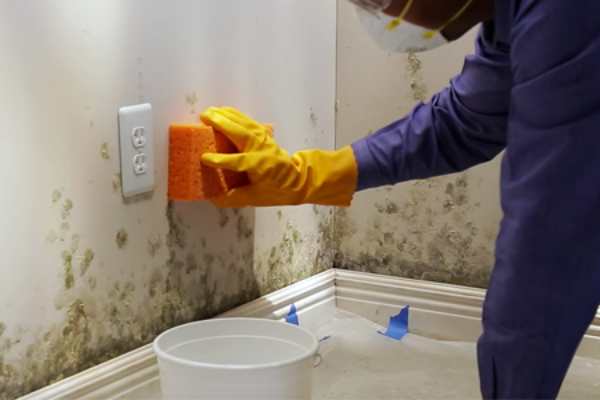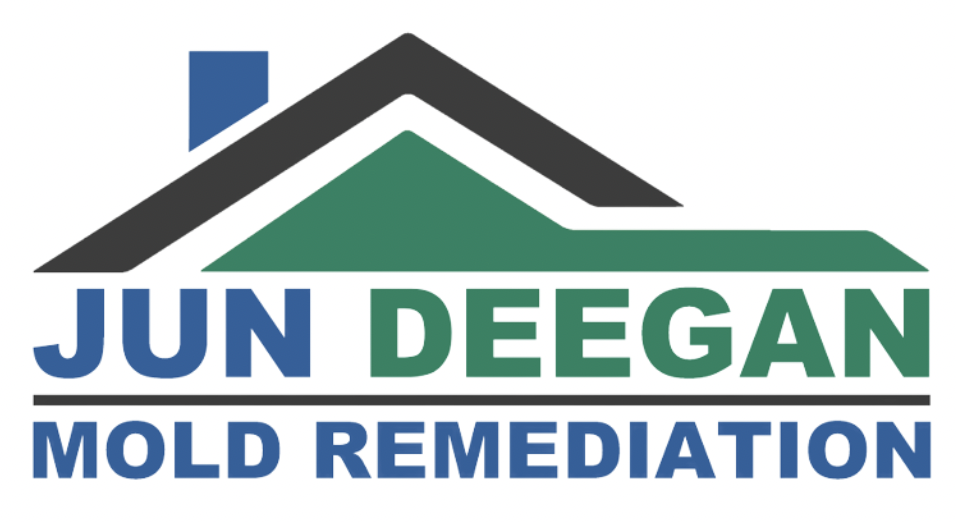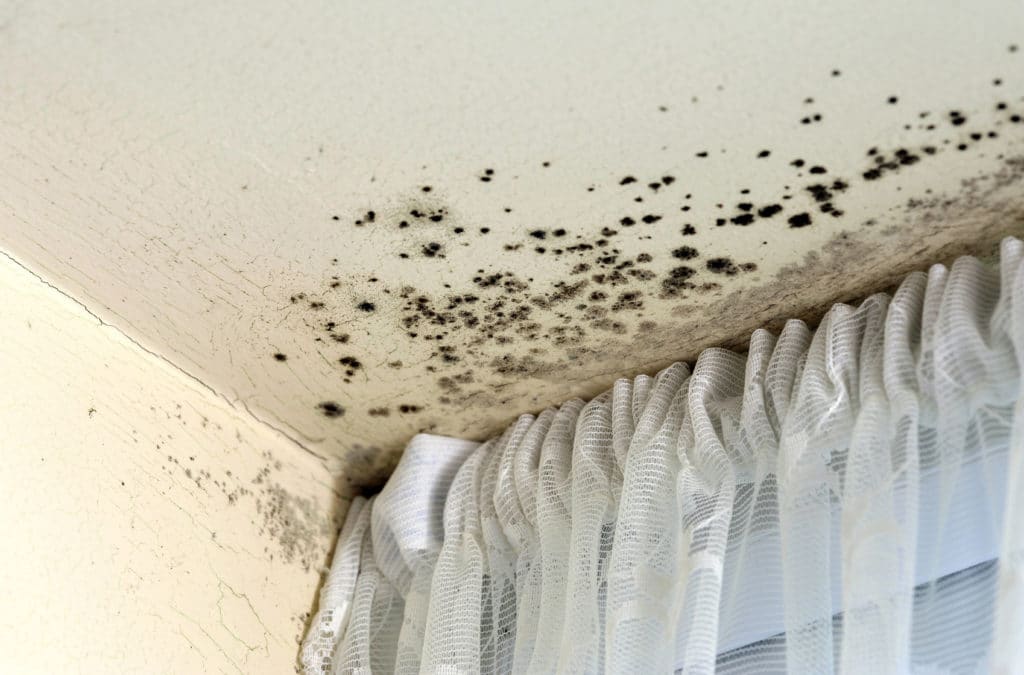Mold is a common problem that many homeowners face, often hidden in damp corners of basements, bathrooms, or behind walls. While its presence may seem like a minor inconvenience, mold can pose significant health risks if not addressed promptly. Understanding how mold affects your health is crucial for maintaining a safe living environment for you and your family.
How Mold Affects Your Health I What you should know
Mold is a type of fungus that thrives in moist and humid conditions. It reproduces by releasing tiny spores into the air, which can settle on surfaces and grow when exposed to moisture. There are thousands of mold species, but the most common types found indoors include Aspergillus, Cladosporium, and Stachybotrys chartarum (commonly known as black mold).
How Does Mold Enter Your Home?
Mold spores are naturally present in the air and can easily enter your home through windows, doors, vents, or on clothing and pets. Once indoors, they need moisture to grow, which is why areas prone to leaks, condensation, or flooding are particularly vulnerable. Poor ventilation and high humidity levels further increase the risk of mold growth.
Health Risks Associated with Mold Exposure
Mold can affect your health in several ways, depending on the level of exposure and an individual’s sensitivity. While some people may experience mild symptoms, others, particularly those with preexisting health conditions, may face severe health issues.
 1. Allergic Reactions
1. Allergic Reactions
- Mold spores are a common allergen, and exposure can trigger symptoms such as sneezing, runny nose, red eyes, and skin rashes.
- People with mold allergies are particularly vulnerable, and their symptoms may worsen in environments with high mold concentrations.
2. Respiratory Problems
- Breathing in mold spores can irritate the respiratory system, leading to coughing, wheezing, and throat irritation.
- Individuals with asthma or chronic respiratory conditions may experience more frequent and severe attacks.
3. Fungal Infections
- Certain mold species, such as Aspergillus, can cause infections in people with weakened immune systems. This condition, known as aspergillosis, can affect the lungs and other organs.
4. Toxic Effects
- Some molds produce mycotoxins, which are toxic compounds that can have serious health effects. For instance, black mold is notorious for releasing mycotoxins that can cause neurological symptoms like headaches, memory loss, and mood changes.
- Prolonged exposure to high levels of mycotoxins can lead to chronic fatigue, difficulty concentrating, and even immune system suppression.
5. Impact on Vulnerable Populations
- Infants, elderly individuals, and people with compromised immune systems are more susceptible to mold-related health problems.
- Pregnant women may also face increased risks, as mold exposure can affect both the mother and the developing baby.
Mold in the Home: Identifying and Addressing the Problem
Identifying mold in your home is the first step toward protecting your health. Mold often appears as dark spots or discoloration on walls, ceilings, and other surfaces. It may also emit a musty odor, especially in enclosed spaces like basements or attics.
1. Common Places Where Mold Grows
- Bathrooms: Shower curtains, grout, and under sinks.
- Kitchens: Around leaky pipes, under the sink, or in the refrigerator.
- Basements: Walls, floors, or areas with poor ventilation.
- Windowsills: Condensation buildup creates a breeding ground for mold.
2. Preventing Mold Growth
- Control Moisture: Address leaks promptly and use dehumidifiers in damp areas.
- Improve Ventilation: Ensure proper airflow in your home by using exhaust fans and opening windows.
- Clean Regularly: Regularly clean areas prone to moisture, such as bathrooms and kitchens, with mold-resistant cleaners.
- Monitor Humidity Levels: Keep indoor humidity levels below 50% to discourage mold growth.
3. Removing Mold Safely
- Small mold patches can often be cleaned with a mixture of water and detergent or a vinegar solution. Always wear gloves and a mask to avoid direct exposure.
- For larger infestations or mold caused by flooding, it’s best to hire professional mold remediation services to ensure safe and thorough removal.
Long-Term Health Implications of Mold Exposure
Chronic exposure to mold can have lasting effects on your health, especially if the underlying cause of mold growth is not resolved. Respiratory conditions, allergies, and immune system dysfunction can become long-term issues if you continue to be exposed to mold.
Moreover, studies suggest a potential link between mold exposure and mental health conditions such as depression and anxiety. Living in a mold-infested environment can lead to a constant state of discomfort and stress, exacerbating these issues.
When to Seek Medical Attention
If you or your family members experience persistent symptoms like difficulty breathing, unexplained fatigue, or recurring allergies, it’s important to consult a healthcare professional. Inform your doctor about potential mold exposure, as it may guide their diagnosis and treatment plan.
The Importance of Professional Mold Remediation
While minor mold problems can often be managed with DIY solutions, significant infestations require professional attention. Mold remediation experts have the tools and expertise to identify hidden mold, assess the extent of the damage, and safely remove it.
Professional remediation also includes addressing the root cause of mold growth, such as repairing leaks or improving ventilation. This ensures that the problem doesn’t recur, protecting your home and health in the long run.
Mold is more than just an unsightly nuisance—it’s a potential health hazard that requires immediate attention. By understanding how mold affects your health and taking proactive measures to prevent and address its growth, you can create a safer and healthier living environment.
Don’t ignore the warning signs of mold in your home. Whether it’s a small patch in the bathroom or a larger infestation in the basement, taking action today can save you from significant health problems in the future. Your health and peace of mind are worth it.
Looking for an Experienced Mold Remediation Company?
If mold recurrence is a concern, consulting with NJ mold experts is a wise decision. With Jun Deegan Mold Remediation, you’re not just getting remediation; you’re investing in a long-term mold-free environment. Our proficient team addresses not only the visible mold but delves deeper to rectify moisture sources, ensuring mold doesn’t find its way back to your premises. Connect with Jun Deegan, where eradication meets prevention, ensuring you a safe, mold-free dwelling. Your peace of mind is just a call away.
Other Posts:
Mold Inspection in Hunterdon County

